The Administration’s Side of the PPP Story
The school has faced both criticism for taking PPP funds and praise for returning them.
Since the April 10th news that Latin would pursue federal rescue loans, The Forum has covered the resulting controversy extensively, on several occasions calling into question the ethics behind the decision. While those articles were well-received by the Latin community and beyond, The Forum strives, and will always strive, to cover all sides of the news to the best of its ability. For that reason, as a third and (perhaps) final installment of PPP-controversy coverage, we have transcribed below an exclusive interview with headmaster Randall Dunn regarding the race to obtain PPP funds and the subsequent decision to return them.
This, in its un-editorialized form, is the administration’s side of the story.
The Forum: Let’s start at the beginning. What prompted the Board and the administration to pursue Paycheck Protection loans?
Randall Dunn: First, let me frame the process.
It was a federal program, and we typically do not participate in federal programs. But with this particular program, it was clear that it was streamlined in such a way that we could participate. The fact that we could participate, and stay away from some of the strings that we sometimes feel with federal programs, meant it was something we should look into.
Second, because of the uncertainty–and we had already started getting a sense that our budgeting process and the finances of our school were in jeopardy–it felt as if we needed to find a way to make sure that we could protect the people in our school. At the outset, the notion was, ‘we can do it, and if something happens, we can give it back, but it would be crazy if we didn’t apply.’
So those were two of the things that were really under conversation. Now, obviously, the moral and ethical questions were totally wrapped up in it. We tossed that around–we’re a school that believes in all the values that were connected to the discussion. Yet we had to make the difficult decision to apply.
Uncertainty was definitely the biggest factor of all.
TF: What areas of revenue did Latin expect to be impacted the most?
RD: Let me start by saying there’s a falsehood around how one spends their endowment. Endowments are often restricted for certain purposes. And if you look around at other schools, you’ll actually find that Latin is not as well-endowed as other places. There’s a misperception that goes, ‘oh, Latin has all the money in the world.’ But no, we run a tight ship at our school.
We made the decision, philosophically, to do our best to hang onto everybody. How many people, who might lose their small businesses, now might not be able to pay tuition?
So, our budget is tied together in such a way that we had to think about ripple effects. We wanted to keep our [teachers] as well as our other faculty employed, so payroll was the number-one concern. Paying those costs might then allow us to support those who couldn’t otherwise afford to come to school as well.
TF: I’m aware that Latin’s application was accepted and funds were granted. How much money was the school allotted?
RD: I’m not going to share that amount. It was a good amount, based on certain metrics. But it feels confidential.
TF: So, moving forward in time, the school ultimately made the decision to return the funds. In your statement, you explained the change as being due to “new guidance” that had become available, adding that the school “stands in support of all the smaller businesses and nonprofits.” Could you walk through all of the factors that led to the decision?
RD: The main factor was that, as I said previously, strings started to become attached to the legislation. The government realized it was sloppy and broad, so folks started to tighten it up. ‘New guidance’ referred to the second iteration of the legislation that discussed liquidity, access to funding, and other stipulations. So when we looked at that, it simply read to us, like, ‘if this guidance was there initially, we probably wouldn’t have applied.’
There were two things that jumped out at us: One, we no longer qualify. Two, the feeling was, all of a sudden, that now strings are going to be attached. The pattern that we were afraid of started developing–the risks now were way higher than we wanted to take, in regards to the law.
TF: Just to be clear, though, Latin could have legally kept the money. The ‘new guidance’ only applied to businesses applying for the second round of PPP funding, correct?
RD: Yeah, that’s true. We could have stuck by the initial legislation. But the driver for us was, ‘would we have gone in this direction if the new conditions were there in the first place?’
In addition, the number one thing I try to protect is our school’s independence. Three years from now, someone could say, ‘these are federal funds, so you are now subject to these particular statutes,’ which we don’t want to be subject to. The risk wasn’t worth it. We needed to back away.
TF: Will Latin face any consequences as a result of having given back the money?
RD: No, I don’t think so.
I mean, the consequence is that we don’t have the money. The financial ramifications of the pandemic will impact our community in a more dramatic way than it would if we’d had the money.
We’ll rely on the generosity of the community, and other creative measures to reduce costs, to make it to the other side of this. We’re in great shape; we have a great board, a terrific CFO.
TF: Is there anything else that you’d like to share with readers?
RD: I feel good about the journey we had to take. Our intentions in making the decision to apply were all completely right. I also think the second decision was completely right.
Sometimes, people mistake leadership for sticking by our decisions. Good leadership–which I believe we have demonstrated–is making the right decision at the right time for your institution.
We learned a lot. That’s what school is all about, you know?
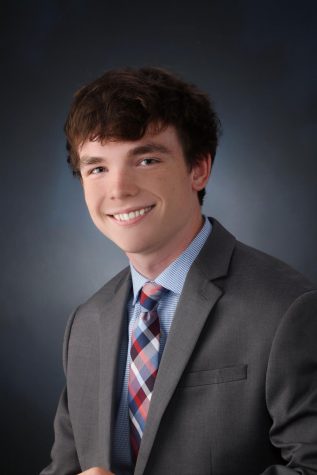
Peter Jones (‘21) is a senior at Latin and is ecstatic to be serving as Editor-In-Chief for his second consecutive year. The Forum means everything...


































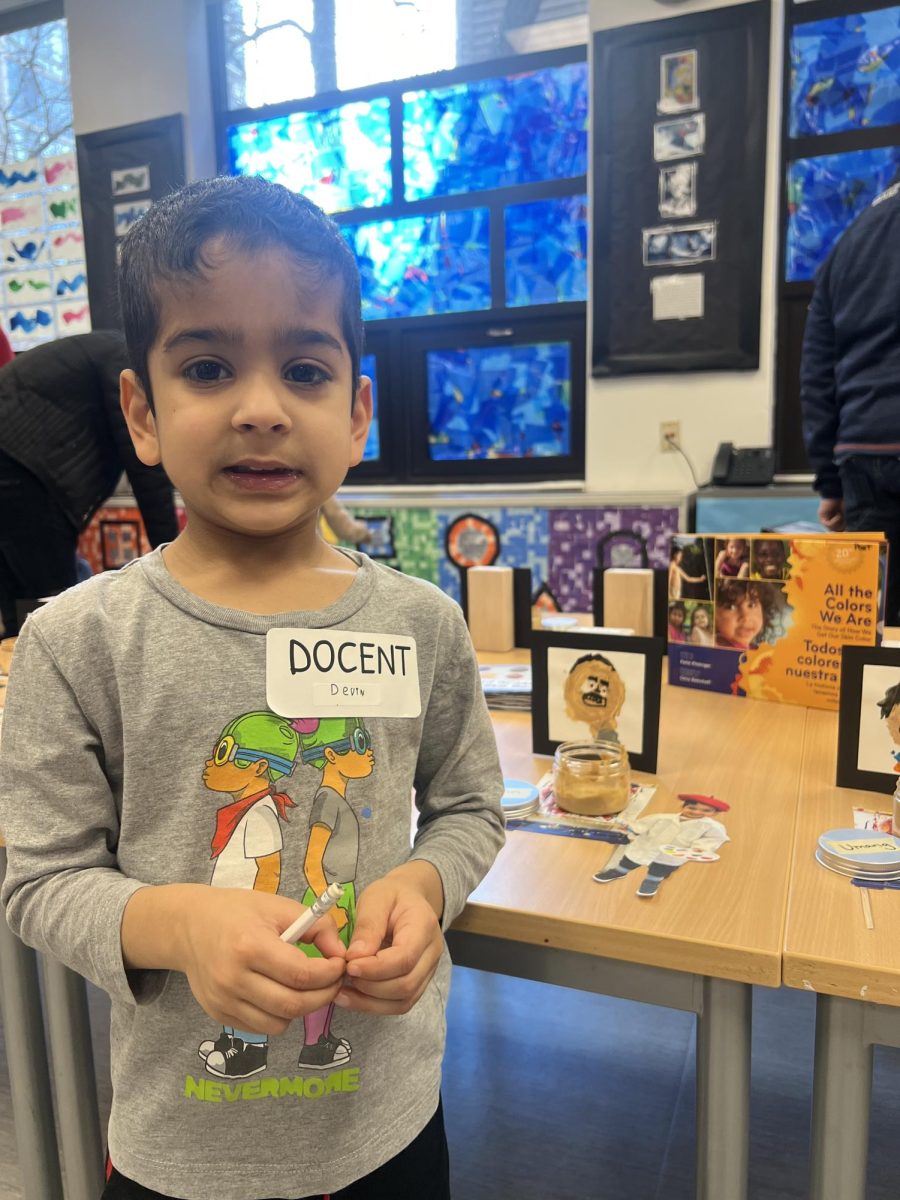
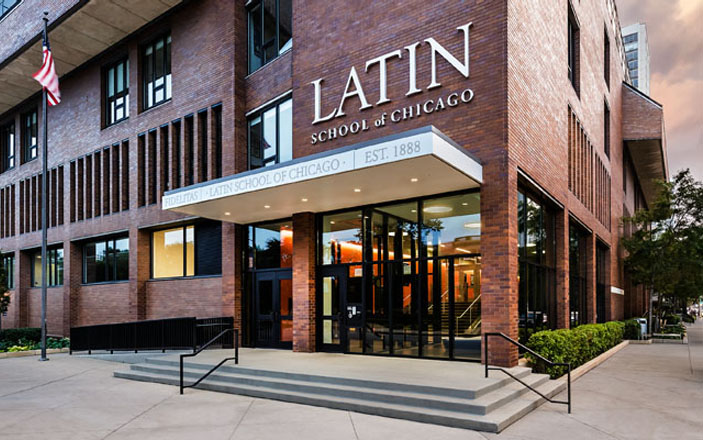
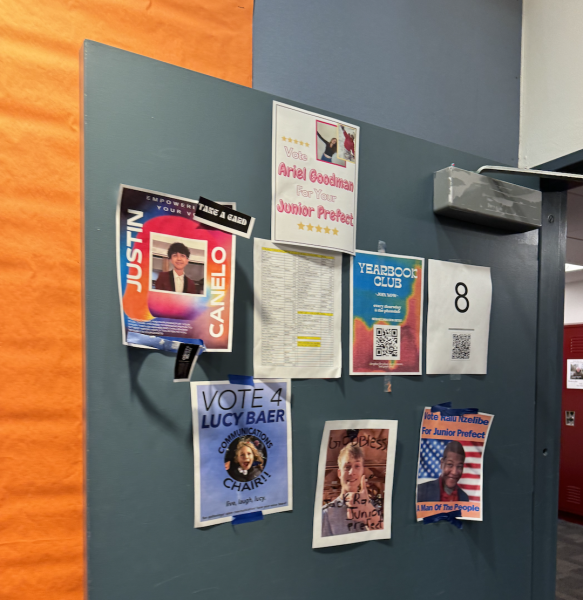
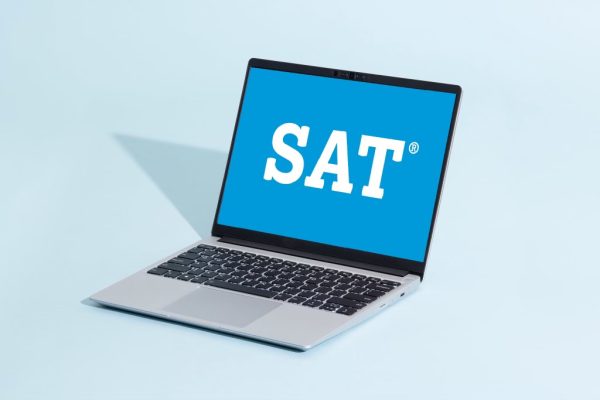
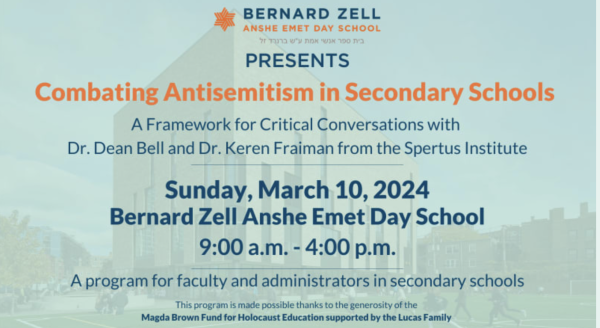
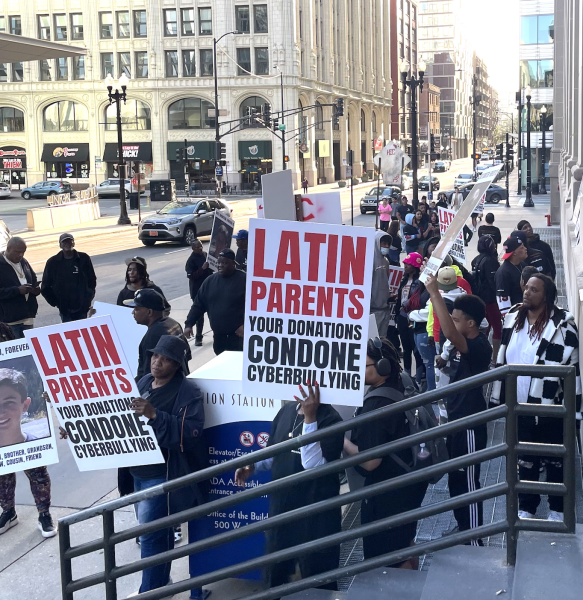
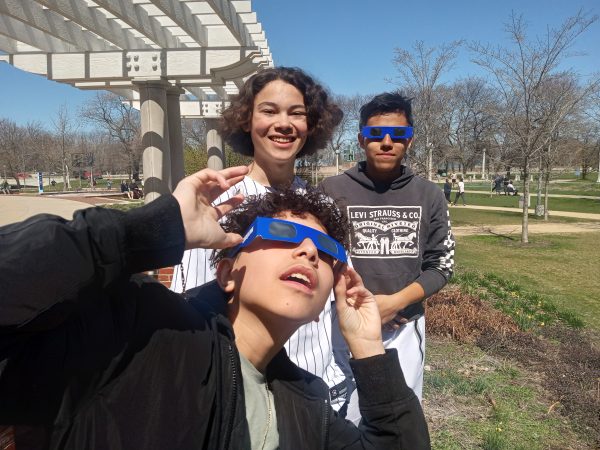
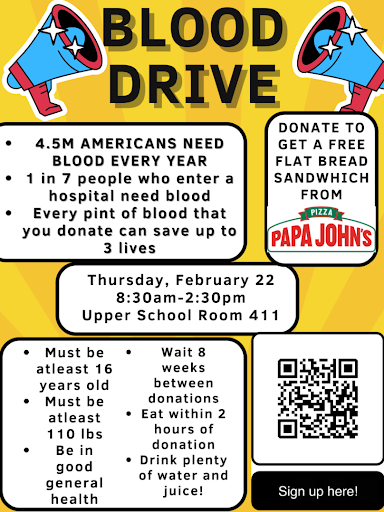
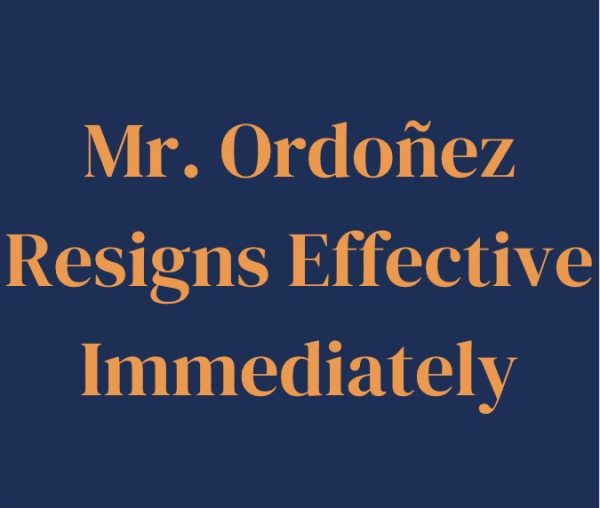
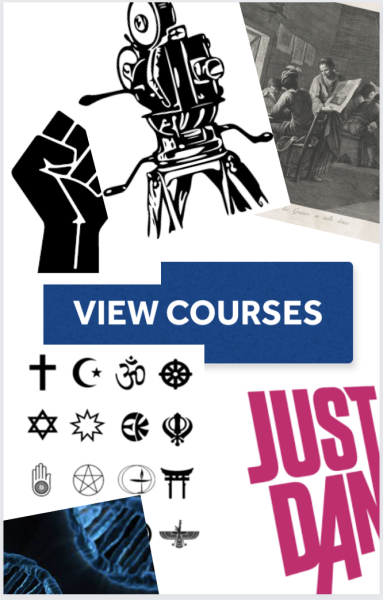
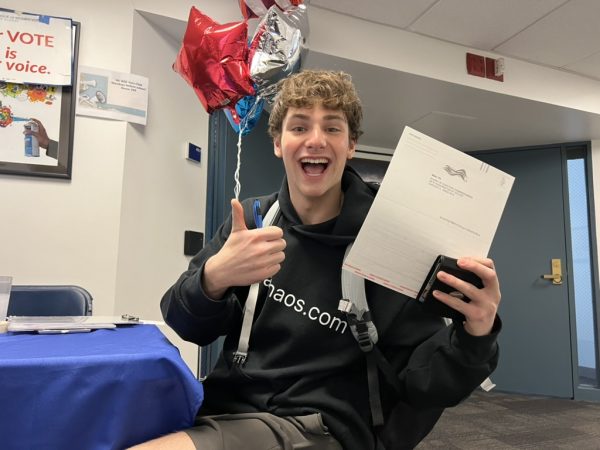
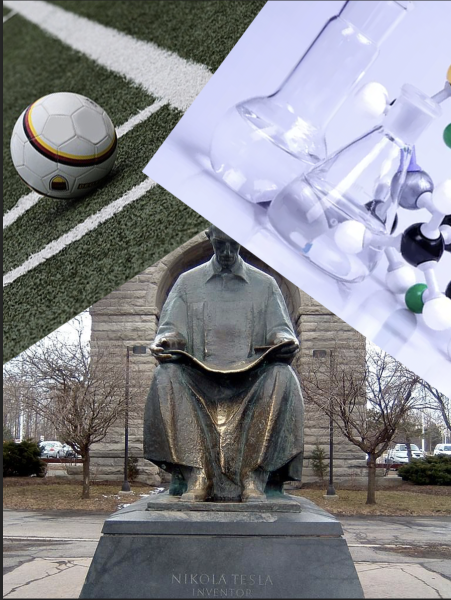

Mr. Joyce • May 11, 2020 at 9:21 am
Peter, I think your writing started a lot of meaningful conversations. I’m sure it was stressful for Latin’s administrators–running a school must be exhausting on a good day–but this follow-up piece does a good job of appreciating that stress without letting go of the initial question, which is a tough one to ask
As Mr. Dunn says at the end, “‘We learned a lot. That’s what school is all about, you know?'” That’s a great quote to end with, by the way. My appreciation to you for the questions, to Mr. Dunn for his thoughtful responses, and to whoever made the choice to close the article with that last quotation. It’s a conclusion that gives closure, sticks with the theme, and hears both sides of the story. It’s arranged for easy reading. But I think such an easy read is the result of much work on the writer’s part.
Freddi Mitchell • May 9, 2020 at 12:34 pm
Great article Peter! It is important to here what the administration has to say. I hope there can be more transparency between students and the administration in the future, especially so students understand and can be heard on what the school does with its money.